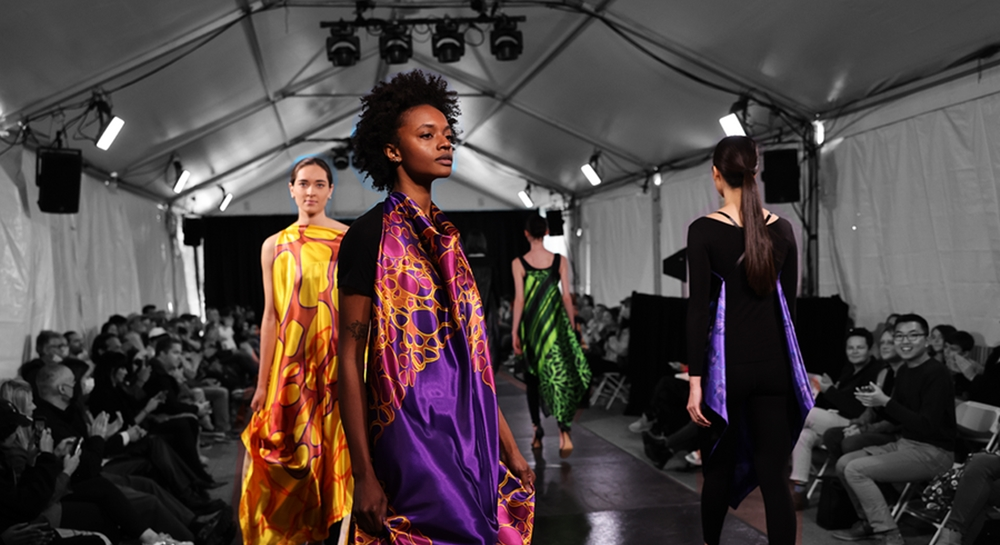
Luxury is no longer just about exclusivity and craftsmanship; today, cultural authenticity plays a pivotal role in defining the true essence of high-end brands. Consumers are increasingly drawn to products and experiences that reflect heritage, artistry, and meaningful storytelling, making authenticity a powerful currency in the modern luxury landscape.
Gone are the days when luxury was defined solely by price tags and prestige. Today’s discerning clientele seeks deeper connections with the brands they support. They want narratives rooted in tradition, craftsmanship passed through generations, and products that embody cultural significance. This evolution in consumer expectations has led many luxury houses to embrace authenticity as a core value, ensuring that their creations not only look good but also hold historical and emotional depth.

Many iconic luxury brands owe their success to cultural heritage. Think of Hermès, whose roots in equestrian craftsmanship still influence its coveted leather goods, or Patek Philippe, which continues to uphold Swiss watchmaking traditions. These brands understand that preserving authenticity isn’t about resisting change—it’s about evolving while staying true to their origins.
Collaborations with local artisans, sourcing indigenous materials, and reviving age-old techniques have become key strategies in maintaining cultural authenticity. For example, luxury fashion brands are increasingly partnering with traditional textile makers from regions like India, Japan, and Italy, ensuring that centuries-old techniques remain relevant in contemporary design.
While cultural authenticity can elevate a luxury brand’s prestige, missteps can lead to backlash. Consumers today are more aware of cultural appropriation, calling out brands that use heritage-inspired aesthetics without proper acknowledgment or respect. The key difference between appreciation and appropriation lies in engagement—luxury brands that work closely with the communities they draw inspiration from, share profits fairly, and provide platforms for authentic voices are the ones that successfully navigate this fine line.

As the luxury market evolves, brands must go beyond aesthetics to build genuine relationships with their audience. The future of high-end goods lies in meaningful storytelling, ethical production, and an unwavering commitment to authenticity. Consumers no longer want to just own luxury items; they want to be part of a story, a legacy, and a movement that respects tradition while embracing innovation.
At TENco, we believe true luxury isn’t just about looking good—it’s about feeling connected. Discover our curated selection of exclusive luxury experiences that celebrate heritage, craftsmanship, and cultural authenticity.
Visit www.tenco.ch and explore the future of luxury with us. Because when it comes to authenticity, we keep it real—in the most refined way possible.
Never miss out.
| Cookie | Duration | Description |
|---|---|---|
| cookielawinfo-checkbox-analytics | 11 months | This cookie is set by GDPR Cookie Consent plugin. The cookie is used to store the user consent for the cookies in the category "Analytics". |
| cookielawinfo-checkbox-functional | 11 months | The cookie is set by GDPR cookie consent to record the user consent for the cookies in the category "Functional". |
| cookielawinfo-checkbox-necessary | 11 months | This cookie is set by GDPR Cookie Consent plugin. The cookies is used to store the user consent for the cookies in the category "Necessary". |
| cookielawinfo-checkbox-others | 11 months | This cookie is set by GDPR Cookie Consent plugin. The cookie is used to store the user consent for the cookies in the category "Other. |
| cookielawinfo-checkbox-performance | 11 months | This cookie is set by GDPR Cookie Consent plugin. The cookie is used to store the user consent for the cookies in the category "Performance". |
| viewed_cookie_policy | 11 months | The cookie is set by the GDPR Cookie Consent plugin and is used to store whether or not user has consented to the use of cookies. It does not store any personal data. |